- SIAM
- ARAI
- Toyota Kirloskar Motor
- BPCL
- Bharat Petroleum Corporation
- Bajaj Auto
- Society of Indian Automobile Manufacturers
- Reji Mathai
- Milind Pagare
- Vikram Gulati
- Prashant K Banerjee
- Anurag Saraogi
- PS Ravi
- Federation of Indian Petroleum Industry
Ethanol Blending: Progress Needs Experiments, Say Officials
- By Mohnish Bose
- August 31, 2025
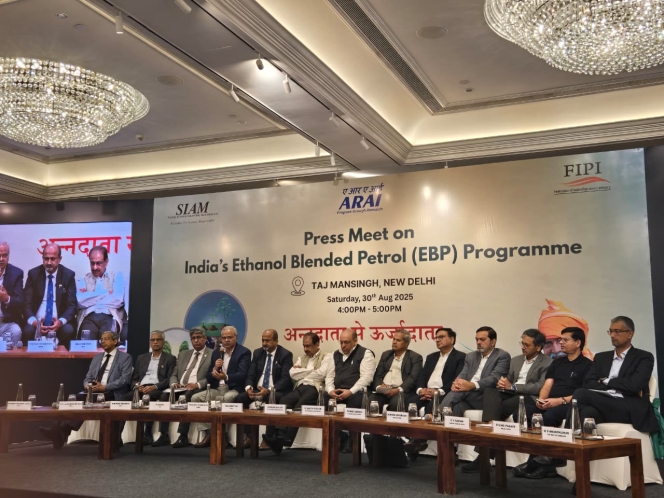
While the need of the hour for the Government of India was to reduce crude oil import, a whopping 85 percent from other countries, and reduce pollution, does the Ethanol Blended Petrol (EBP) program, having generated tremendous furore, truly augur well for India’s automotive future?
Industry leaders from India’s leading oil companies, automotive industry bodies and OEMs came together on 30 August 2025, to discuss its directives, including the employment of sugarcane farmers.
Setting the tone for the evening, Reji Mathai, Director, ARAI (Automotive Research Association of India) spoke about BS6 and BS6 Phase Two as unique current propositions that prepared the ground for ethanol addition into petrol. He mentioned, “While ARAI is responsible for maximum testing, Society of Indian Automobile Manufacturers (SIAM) and oil companies have also played important parts.”
2001 was the year when ethanol blends were first done in India. The systematic sequence of ethanol-based blend tests after the above was as follows:
- 2010- Multiple studies done over 10 percent blending
- 2016- BS4 testing was done on 7–8-year-old vehicles
- 2021- A detailed study was done on 8–10-year-old vehicles
Fuel efficiency will go down
Industry speakers confirmed that fuel efficiency from E20 will decrease by 2-5 percent. However, Prashant K Bannerjee, Executive Director, SIAM, averred, “Fuel efficiency is determined by terrain and driving habits, leading to different experiences for different customers. Owing to complex and variable factors, it cannot always be pointed towards the fuel.” Though better octane numbers have now been attained, the energy generated is six percent lesser than pure petrol.
As a country that has successfully adopted EBP, Brazil, with E27 and an overall blend of 45 percent, was quoted numerous times. Milind Pagare, VP (R&D), Bajaj Auto, shared his views on the company’s two-wheelers sold in India and abroad. He said, “We will always provide fuel-related help to our customers whenever necessary. However, I’m sure that there will be no catastrophic engine failures due to EBP.”
Experiments are necessary for progress
“Experiments will keep happening; otherwise, we can’t go ahead. We will always rely on scientific studies for progress,” said Mathai. Although he could not give a figure when asked about the E20-compliant percentage on Indian roads, he stated that the industry has tested two-wheelers which are 10 years old and four-wheelers between 8-10 years of age for the blend in 2016 and 2021, respectively. Mathai said, “We couldn’t say anything for sure when E20 came in 2021.”
Bannerjee assured that, “OEMs will have no warranty-related changes due to EBP. Whatever is committed to the customer at the time of sale will be honoured fully. Neither warranty nor insurance will be impacted by the above.”
Most attendees were of the opinion that OEMs and oil companies were not providing any clarity about E20-related faults. Ascertaining the need for the above, Bannerjee said, “We need to clearly articulate about the fuel to our customers. This can be done through a series of summary statements that could be press releases or FAQs.” He said that the statements will be released on the SIAM, ARAI, or OEM pages at the earliest.
He further added, “Most OEMS have or are in the process of communicating to dealers that E20 can be used in E10 vehicles without any concern.” In other words, E20 will cause no problems on any vehicles, including the ones that are marked E5-E10. Specific models of the two-wheelers and four-wheelers have been tested BS3 onwards and he mentioned that no vehicle has encountered engine failure due to E20 to date, after testing over 100,000 kilometres. The setting up of an arbitrary testing agency across vintages and makes of vehicles was also mentioned.
India becomes self-sufficient in ethanol distillation
Anurag Saraogi, Chief General Manager, Bharat Petroleum Corporation (BPCL) expressed contentment at attaining a high level of energy security in India. Backing up the above with figures, he averred, “Eight billion litres of distilleries have come up over the years, and the best part is that these are entirely indigenous.”
Ethanol is prepared from sugarcane, maize and other grains, after which it is mixed with petrol. As UP, Maharashtra and Karnataka are the three major Indian sugarcane states, the oil industry formed long-term agreements with entrepreneurs for country-wide provision. The quantity from sugar molasses has gone up to 3.5-3.7 billion litres today.
Maize is the leading provider of ethanol, contributing 40 percent. Today, maize farming is more viable than ever before, with farmers being recognised as ‘Urjadaatas’ (energy-givers). They’re being offered INR 72 per litre to grow more maize for ethanol and have been paid INR 400 billion in 2025. Payments are being made to the farmers alone.
PS Ravi, Director, Federation of Indian Petroleum Industry (FIPI), said, “In 2014, we achieved a 1.5 percent blend, resulting in 380 million litres of ethanol. While E10 was made available across India in 2019, we have been able to get to 7.5 billion litres by 2025. At this rate, we can safely target procurement and blending of 11-12 billion litres by 2026.” Adding to this, he said, “India is already setting up pilot plants for using high agri residues to prepare the second generation of ethanol.”
Talking about pricing, Ravi said, “The procurement price of ethanol is much more than cost of petrol. Yet, the oil industry is still maintaining a constant price despite Minimum Selling Prices (MSPs) and higher ethanol being derived from feedstock.
Apart from the above, the industry experts expects India to save INR 1,440 billion in terms of FOREX. As a low-carbon intensity fuel, it will easily achieve net-zero emissions, resulting in a cost-effective pathway for energy transition.
Vikram Gulati, Executive Vice-President, Toyota Kirloskar Motor (TKM), said, “Through its 2070 emission plan and circular economy, India will become the global reference model. Farmers will spend more, contributing to the economy.”
Suzuki Opens Second Biogas Plant In Gujarat
- By MT Bureau
- January 20, 2026
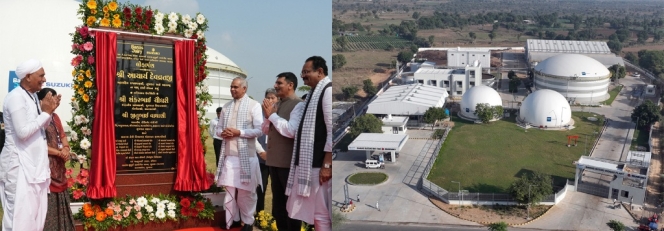
Suzuki Motor Corporation and its subsidiary, Suzuki R&D Centre India (SRDI), have inaugurated the Banas Suzuki Biogas Plant in Bhukhala, Gujarat. The facility, which opened on 18 January 2026, is the second such plant following the Agthala site that commenced operations in December 2025.
The plant is designed to process up to 100 tonnes of cow dung per day to produce approximately 1.5 tonnes of biogas. This output is equivalent to the daily fuel requirements of 850 compressed natural gas (CNG) vehicles. In addition to fuel production, the facility will sell organic fertiliser generated as a byproduct of the process.
The project is part of an agreement signed in September 2023 between SRDI, the National Dairy Development Board (NDDB) and Banas Dairy. The partners have agreed to construct a total of five biogas plants in the region. The Bhukhala site covers an area of 27,000 square metres and forms a component of Suzuki’s strategy to support carbon neutrality in India.
The use of biogas serves as a carbon-neutral alternative for CNG vehicles, which currently represent 20 percent of the Indian passenger car market. Beyond emission reductions, the initiative is intended to improve energy self-sufficiency and increase rural income through the purchase of cattle waste from local farmers.
The opening ceremony was attended by Acharya Devvrat, Governor of Gujarat and Shankar Chaudhary, Chairman of Banas Dairy and Speaker of the Gujarat Legislative Assembly. Representing Suzuki was Kenichiro Toyofuku, Managing Officer and Executive General Manager of Biogas Operations.
The company stated that it will continue to develop its biogas business to contribute to national growth and environmental targets. The operation is expected to create jobs within the district while providing fuel for high-demand vehicle segments.
Bajaj Auto Rolls Out Early Incentive Offer For Chetak C25 E-Scooter
- By MT Bureau
- January 19, 2026
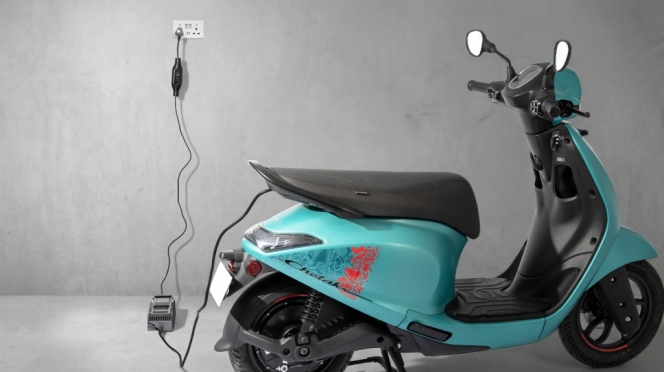
Pune-headquartered two-wheeler and three-wheeler major Bajaj Auto has started sales of its recently introduced Chetak C25 e-scooter across its showrooms in India. Following the model's unveiling earlier this week, the company has positioned the vehicle to target urban commuters. The scooter is priced at INR 91,399 (ex-showroom Delhi), with an introductory benefit of INR 4,299 available for the first 10,000 customers, bringing the effective price to INR 87,100.
The Chetak C25 features a 2.5 kWh battery providing a certified claimed range of 113 km. It is constructed with a metal body and a mono-body design intended for durability in city environments. Technical specifications include a 25-litre storage compartment, disc brakes, hill hold assist, and guide-me-home lighting. The vehicle’s proportions are designed for agility in dense traffic.
The introduction of the C25 completes the Chetak portfolio, which now includes the 30 and 35 Series. Bajaj is marketing the model to first-time electric vehicle buyers and households requiring a secondary scooter for short trips. Deliveries have commenced alongside the showroom roll-out in major cities.
The C25 is supported by the existing Chetak service network. The company noted that the launch and early-bird offer are intended to address customer interest in accessible electric mobility solutions that focus on reliability and ease of use.
The e-scooter maintains the brand's focus on material quality through its use of metal surfaces rather than plastic panels. It is engineered to align with daily commute patterns and offers various colour options. The mechanical framework is built to provide stability and a refined presence on the road while maintaining a compact footprint.
- Indofast Energy
- Nexus Select Malls
- Quick Interchange Stations
- Anant Badjatya
- Nilesh Singh
- Battery Swapping
Indofast Energy Partners Nexus Select Malls To Expand Battery Swapping Stations
- By MT Bureau
- January 19, 2026

Bengaluru-based clean tech company Indofast Energy has partnered Nexus Select Malls to introduce battery swapping stations within shopping mall premises. The initiative has commenced with the inauguration of Quick Interchange Stations (QIS) at Nexus Shantiniketan and Nexus Whitefield in Bengaluru.
This marks the first time such infrastructure has been integrated into the portfolio of India’s first Retail REIT. The partnership is designed to provide energy solutions for commuters, delivery partners and fleet operators by utilising high-footfall retail destinations.
Following the Bengaluru launch, the companies plan to expand the network to other cities, including Delhi NCR, Chandigarh, Hyderabad and Pune. The technology allows users of electric two-wheelers and three-wheelers to replace depleted batteries in minutes, addressing requirements for the last-mile delivery sector.
The swapping stations utilise an automated platform that supports multiple vehicle types. By placing these stations in malls, the companies intend to make electric vehicle (EV) charging as accessible as traditional retail services. The project aligns with broader efforts to embed sustainable mobility into urban infrastructure and reduce the time vehicles spend at stationary charging points.
Anant Badjatya, CEO, Indofast Energy, said, “Our collaboration with Nexus Select Malls represents a paradigm shift in how urban infrastructure can support the rapid adoption of electric vehicles. By integrating our state-of-the-art battery swapping technology directly into high-footfall retail destinations, we are not just providing convenience; we are creating an ecosystem where electric mobility becomes an effortless and integral part of daily life for millions of shoppers and commuters, and especially the thriving last-mile delivery ecosystem. We are incredibly proud to be Nexus Select Malls’ first battery swapping partner and look forward to a successful, rapid expansion across their extensive network. This partnership underscores our commitment to making battery swapping the default choice for urban transportation and accelerating India’s transition to sustainable mobility.”
Nilesh Singh, Senior V-P, ESG & Business Excellence, Nexus Select Malls, added, “As India’s first Retail REIT, Nexus Select Malls is committed to reimagining malls as future-ready urban ecosystems. Introducing battery swapping stations for the first time across our portfolio is a meaningful step in embedding sustainability into everyday consumer spaces. This initiative supports cleaner last-mile mobility while making greener choices visible, accessible and practical for millions of visitors who engage with our malls every day.”
Kinetic Watts & Volts Partners Hero FinCorp, Bajaj Finserv & CleverPe For Retail Finance
- By MT Bureau
- January 19, 2026
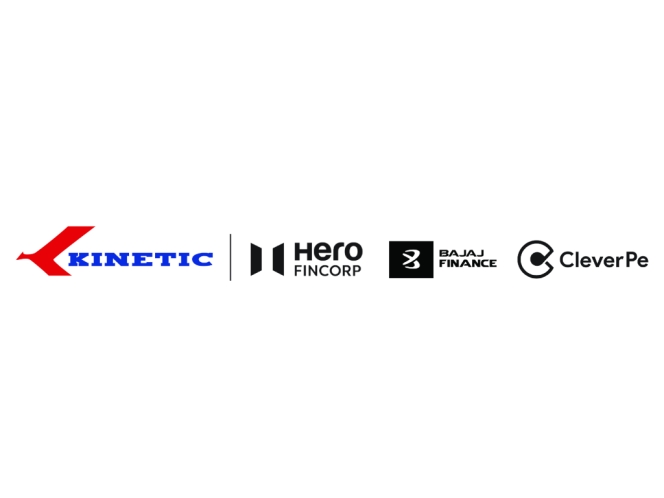
Kinetic Watts & Volts, the electric mobility division of the Kinetic Group, has formed a retail finance ecosystem through partnerships with Hero FinCorp, Bajaj Finserv and CleverPe.
The collaborations provide financing solutions for the Kinetic DX and DX+ electric scooter range, utilising traditional lending and digital payment technologies across the company’s dealership network in India.
The partnership combines the reach of established financial institutions with a fintech platform to offer EMI-based lending and digital credit options. This framework is designed to reduce upfront costs and simplify documentation for consumers. The move supports Kinetic’s strategy of market-by-market expansion as the company scales production and registration volumes.
The Kinetic DX range features the Range-X LFP battery architecture, which is engineered for safety and reliability. The scooters are designed to reference the brand's previous petrol models while functioning as modern electric vehicles. By integrating finance options directly at the point of sale, the company aims to address the requirements of urban consumers and first-time buyers.
Kinetic Watts & Volts is currently building its dealership footprint and after-sales infrastructure to support its long-term vision in the electric vehicle sector.
Ajinkya Firodia, Vice-Chairman & Managing Director, Kinetic Watts & Volts, said, “Access to convenient and trusted financing is fundamental to accelerating electric mobility adoption in India. By partnering with Hero FinCorp, Bajaj Finserv and CleverPe, we have built a comprehensive retail finance ecosystem that offers customers flexibility, choice and confidence. These collaborations support our strategy of opening markets one by one, while reinforcing the growing belief of leading financial institutions in Kinetic’s EV products and long-term vision.”



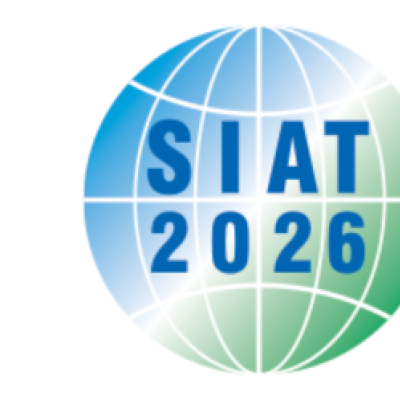



Comments (0)
ADD COMMENT